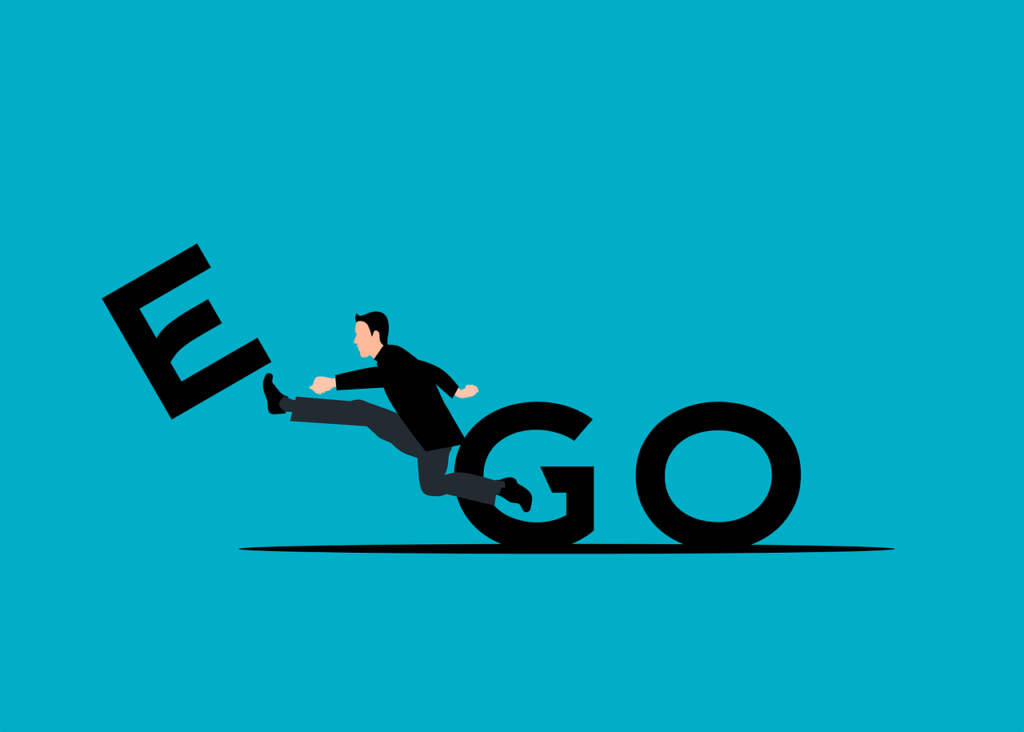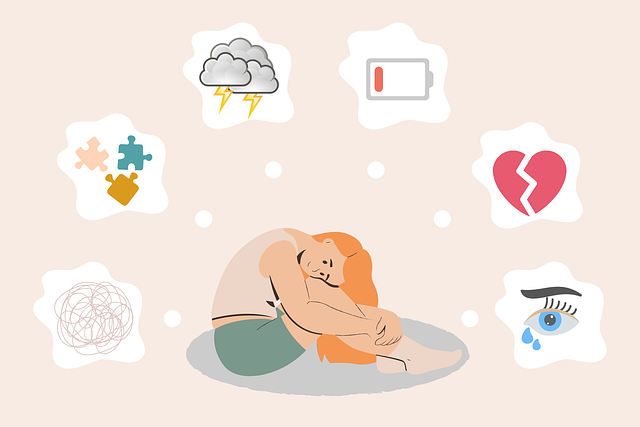Introduction
It’s impossible to imagine modern life without social media and technology. From the moment we wake up and check our phones to the final scroll before bed, digital tools are deeply woven into our daily routines. They connect us with friends and family, help us learn new skills, allow businesses to grow, and even provide platforms for creativity and self-expression.

But alongside these undeniable benefits, technology and social media also bring challenges. Mental health struggles, online bullying, privacy concerns, and addiction are now common topics of discussion. For many, the digital world is both a blessing and a burden.
This article takes a deep dive into the impacts, benefits, pros and cons of social media and technology. We’ll explore how they shape our mental health, relationships, education, and society—while also offering strategies to use them more mindfully.
The Evolution of Social Media & Technology
Technology’s Role in Modern Society
Technology has always been a driver of change. From the invention of the telephone to the rise of personal computers, each new wave of innovation has transformed how we live, work, and interact. Today’s smartphones, tablets, and wearables have blurred the line between the digital and physical world, making technology feel like an extension of ourselves.
The Rise of Social Media
Social media has arguably been the most transformative technology of the 21st century. What started with simple platforms like MySpace and Friendster has evolved into a global ecosystem of apps—Facebook, Instagram, TikTok, X (formerly Twitter), Snapchat, and LinkedIn. These platforms aren’t just about sharing updates; they influence politics, culture, education, and even business.
Why People Spend So Much Time Online
For many, social media isn’t just entertainment—it’s a lifeline for connection. Teenagers use it to build identity and friendships, adults rely on it for networking and news, and businesses leverage it for growth. The instant gratification of likes, shares, and comments keeps users engaged for hours. While this connectivity can be positive, it also raises concerns about addiction and overuse.
Positive Impacts of Social Media & Technology
Despite its downsides, technology and social media bring enormous benefits to individuals and society.
1. Connection & Communication
The most obvious benefit is the ability to stay connected. Families separated by distance can video call daily, long-lost friends reconnect instantly, and communities can share experiences in real time. For people in remote areas, technology bridges the gap to the outside world.
2. Education & Knowledge Sharing
Technology has revolutionized learning. Online platforms allow students to access lectures, tutorials, and resources anytime, anywhere. Social media also spreads awareness about important social and health issues, helping people learn from diverse perspectives.
3. Opportunities for Business & Careers
Entrepreneurs and businesses use social media to reach customers without the need for large advertising budgets. Freelancers find clients worldwide, and career networking platforms like LinkedIn open doors to opportunities that were once inaccessible.
4. Creativity & Self-Expression
From TikTok dances to Instagram photography, social media gives everyone a stage to showcase their creativity. This sense of expression can boost confidence and even lead to career opportunities in content creation.
5. Mental Health Benefits
While often criticized, social media can also support mental health. Online support groups, therapy apps, and communities allow people to find help and encouragement they might not get offline. For marginalized groups, digital spaces can be safe havens for connection and understanding.
Negative Impacts of Social Media & Technology
For all its benefits, technology comes with significant drawbacks that can’t be ignored.
1. Mental Health Concerns
Excessive screen time is strongly linked to anxiety, depression, and stress. Teens, in particular, may feel pressure to live up to the “perfect” lives they see online, leading to lower self-esteem. Constant notifications also keep the brain in a state of hyper-alertness, which can worsen mental health.
2. Sleep Disruption
Scrolling late at night is a habit for millions of people, but it disrupts the body’s natural sleep cycle. Blue light from screens reduces melatonin production, making it harder to fall asleep and leaving users tired and irritable.
3. Cyberbullying
The anonymity of the internet makes it easy for bullies to target others. Cyberbullying can be relentless, spreading rumors, hurtful comments, or harassment across multiple platforms. Victims often feel they cannot escape, even at home.
4. FOMO & Comparison Trap
Fear of missing out (FOMO) drives people to constantly check updates. Teens and young adults compare themselves to influencers or peers, often believing their own lives are less exciting or successful. This constant comparison erodes confidence.
5. Privacy & Security Risks
Every online action leaves a digital footprint. Many users unknowingly share personal data, making them vulnerable to scams, hacking, or misuse of information by corporations.
Pros and Cons of Social Media & Technology
To better understand the dual nature of digital life, here’s a balanced breakdown:
✅ Pros
- Connects people worldwide.
- Enhances learning and information access.
- Supports businesses and careers.
- Encourages creativity and expression.
- Provides platforms for mental health support.
❌ Cons
- Contributes to anxiety, depression, and addiction.
- Creates unrealistic standards through comparison.
- Reduces quality of sleep and focus.
- Increases cyberbullying and online harassment.
- Threatens privacy and security.



